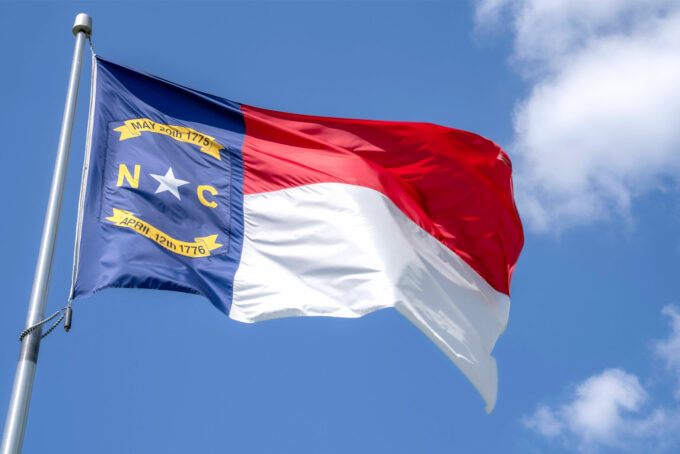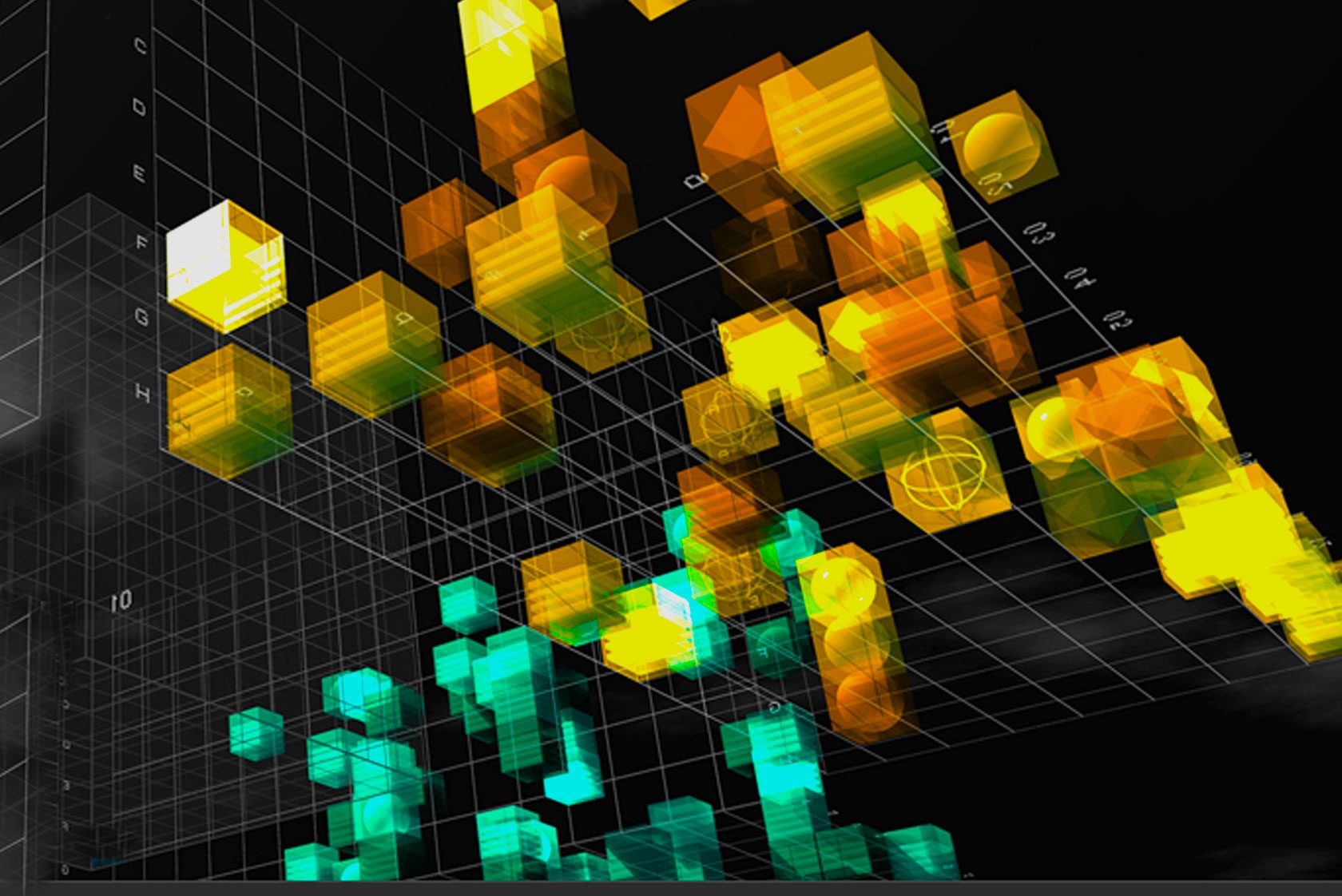
Putting Open Science Into Practice: ZBW Research Data Projects
Research data is a crucial issue in open science. The ZBW is involved in its implementation in a range of research data projects. Here, we provide an overview of activities on various levels: from research data management for researchers and building national research data infrastructures to scientific research regarding research data in the context of open science.
In a time of digital transformation, research data is currently the key issue in German science policy. As such, the Rat für Informationsinfrastrukturen (German Council for Scientific Information Infrastructures) is promoting low-threshold services for scientists, connected infrastructure for research data and research on the changing realities of the academic system.
Services for economic researchers
Since 2014, the ZBW offers a guide to research data in social and economic sciences, which is particularly helpful for the younger generation of economic scientists dealing with research data and has already been downloaded over 6,000 times: “Auffinden. Zitieren. Dokumentieren” (“Discover. Cite. Document”) (link in German).
In order to maintain a focus on the needs of economists in matters such as working with research data, the ZBW is constantly listening to what researchers have to say. In order to do so, the ZBW runs country-wide surveys, workshops, project meetings, conferences, background discussions and symposia.
Developing research data management with economic researchers, for economic researchers
In a number of projects financed by the DFG and the Leibniz Association, the ZBW is working together with economic researchers, for economic researchers, to create a variety of research data management options.
These include providing ID numbers (DOIs) for research data, building a web-based research data infrastructure for independent archiving for social and economic sciences, documenting and distributing research data and maintaining a data journal for microdata.
Services for journal publishers
The ZBW pays special attention to publishers of economic science journals. The focus here is on issues including journals’ research data guidelines or structures for incentivising the sharing of research data.
The Journal Data Archive is a service which makes it easier for publishers of economic journals to manage publication-related research data using a web-based tool.
A new journal countering the replication crisis
The ZBW and its project partners have, in the shape of the new DFG-funded International Journal for Re-Views in Empirical Economics (IREE), created the first journal dedicated to the publication of replication studies based on economic microdata. One further subject is research on replication methods and standards.
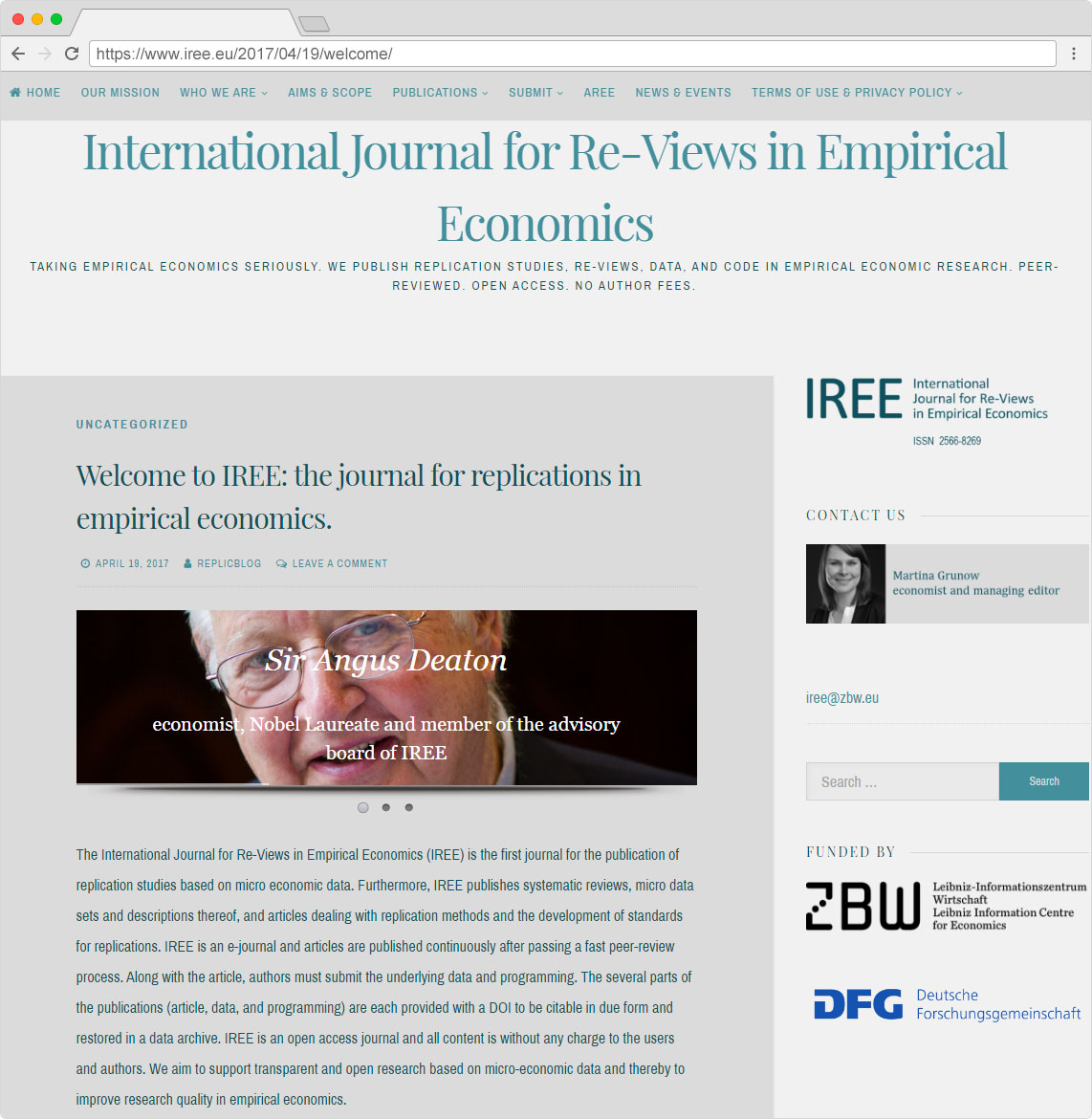
Connected research data infrastructures for open science
Alongside these relatively low-threshold services, in conjunction with research data projects and open Science the ZBW is working on connected national infrastructures for research data . As part of these efforts, it is running projects such as the DFG-funded project GeRDI. The aim of GeRDI – “Generic Research Data Infrastructure” – is to virtually connect existing and future research data storage all over Germany. This represents the German contribution to the European Open Science Cloud and is receiving 3 million euros in funding.
The aim of GerDI is first and foremost to help universities to connect their data storage or set up new connected research data storage. This should enable all researchers in Germany, particularly those with small amounts of data, to store, share and re-use their research data in a cross-disciplinary way.
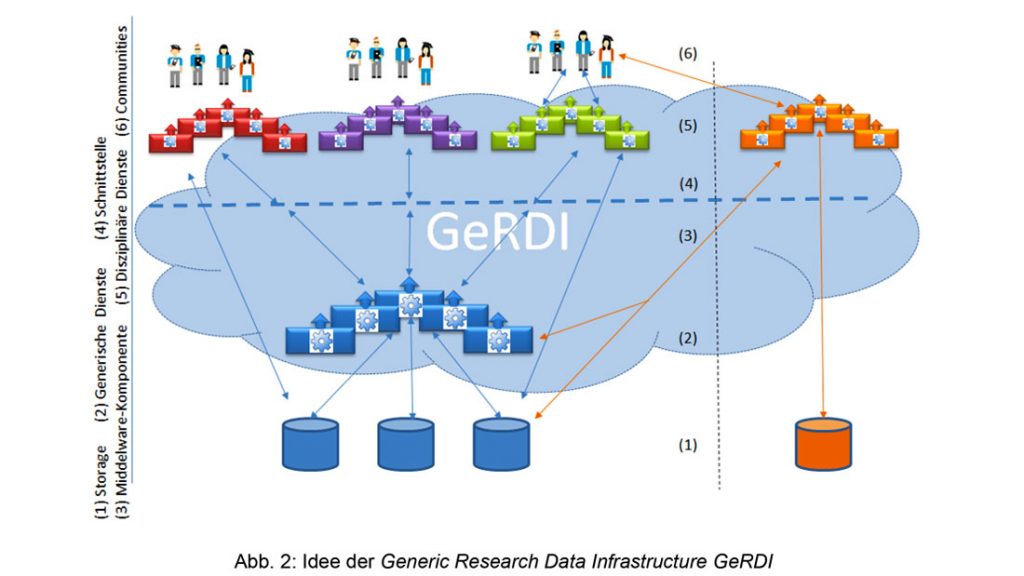
This is happening in a context where many researchers are facing the question of where they can store their data safely, permanently and in a way that allows it to be re-used (see also: Report on open science qualifications for researchers – link in German). Ultimately, until now, only a few universities operate their own research data storage, and there are very few links between them. This impedes scientific progress, as a comprehensive, interdisciplinary search for research data across multiple disciplines is therefore not an option. The aim of GeRDI is to create a connected national infrastructure for research data.
Research on and development of systems and processes for research data and related software
GeRDI is the first project being worked on collaboratively in the newly established Kiel Open Software and Data Lab (KOLab) (link in German) by ZBW and the Software Engineering Group of the Christian Albrechts University Kiel (CAU). The KOLab is a joint lab based on a position paper of the Leibniz Association for the The Joint Initiative for Research and Innovation. In the coming years, systems and processes for the optimal handling of research data and related software will be jointly researched and developed. For this end, computer and storage capacities will be operated together in the university’s computing centre, which in its final stage of extension will be sufficient to work on complex problems ranging from small data to big data.
Scientific studies on research data and open science
Research data and open science are issues which the ZBW is also handling from a scientific perspective. Prof. Dr Isabella Peters and her ZBW research group, for example, are dealing with the question of how research data is used in scientific communication. Some of the results: Despite an increase in publication figures for research data in recent years, almost 90 per cent of the data sets in the Thomson Reuters Data Citation Index have never been cited. Despite many initiatives – such as da-ra – for the use of persistent identifiers, most data sets are currently referenced by URLs. This can also be observed in social networks such as Twitter or Facebook. At the same time, it is clear that it is principally research data created recently that is being shared – a situation that is linked to the increased use of social media platforms by researchers. This also shows that social media is relevant to the distribution of scientific content, and not just for articles, but also for research data.
Photo credits (cover): Elif Ayiter / Flickr (CC BY-NC-ND 2.0)
View Comments
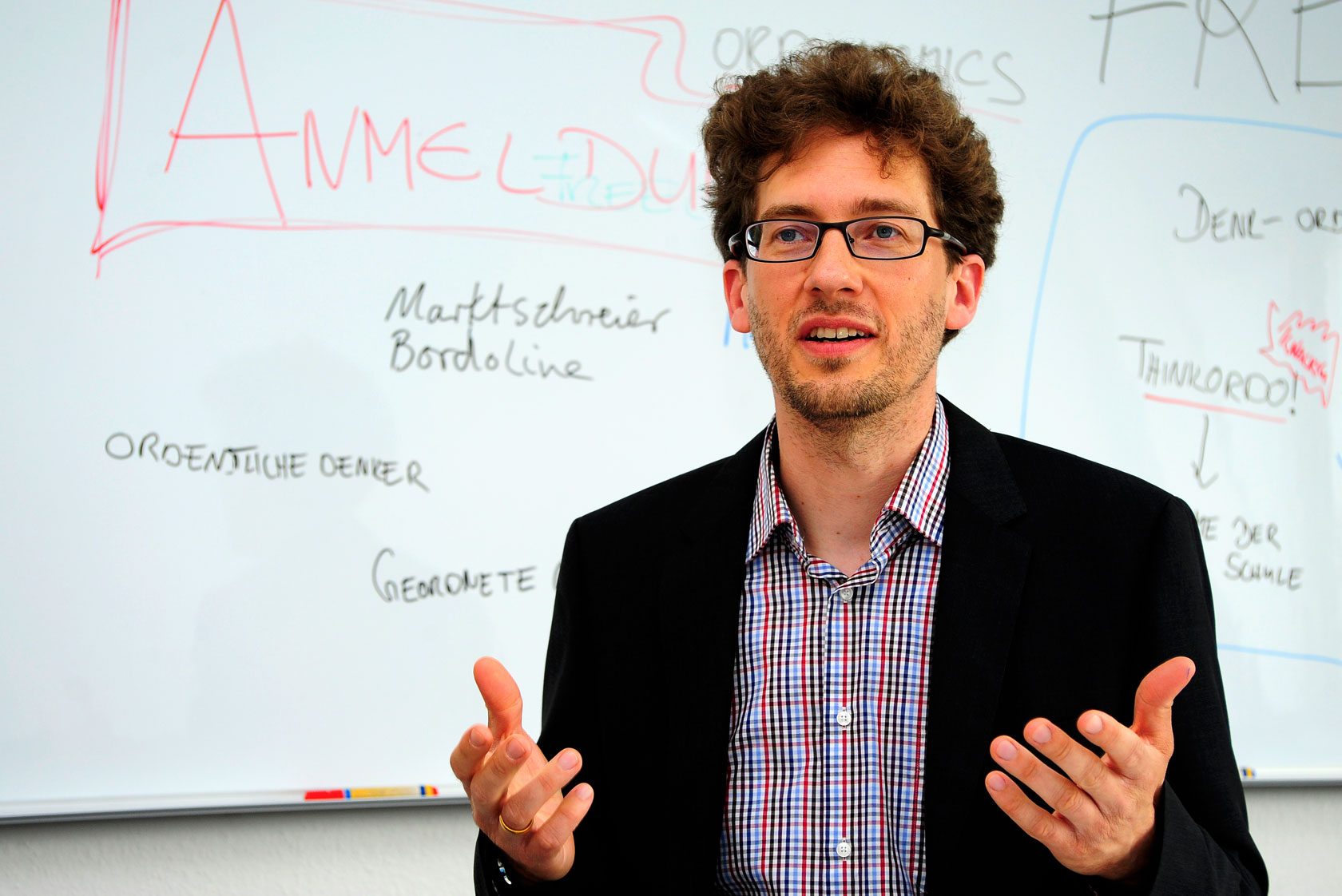
Practicing Open Science with Students: How Does Blogging Work as a Teaching Concept?
A teaching course which also works like an editorial meeting, students who blog on...

